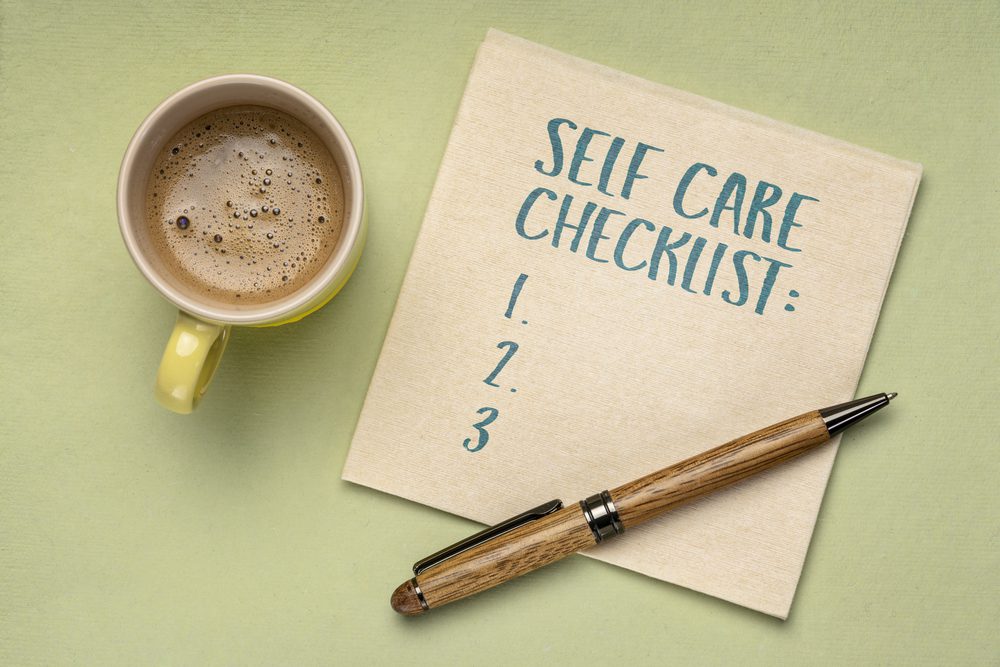Taking care of yourself is key to living a full and healthy life. Self-care activities are essential as they help to improve your physical and mental state. Establishing self-care routines can play a significant role in creating better well-being. It can reduce stress, protect you from some health issues, and help boost your energy.
How Important is Self-Care?
Even the simplest of self-care habits incorporated into your routine can make a huge difference. Understanding that self-care is not a cure for mental illnesses but helping to understand what triggers your symptoms and what coping techniques work for you can make a difference in your mental health.
Adverse Outcomes of Neglecting Self-Care:
- Decreased energy
- Burnout
- Feeling hopeless
- Decreased patience
- Physical symptoms of stress include headaches or stomachaches
- Struggling to fall or stay asleep
- Development of unhealthy eating habits, including binge eating
- Worsening of other mental health symptoms.
Self-care looks different for each of us, and it’s important to find out what you enjoy and what you really need. Experimenting with different approaches can help you find the best method for you.
Get Started with Self-Care by Trying:
- Exercise: Start by walking 30 minutes each day. This can improve your mood and overall health. If 30 minutes is too much, try breaking it up. Every little bit helps.
- Stick to a Sleep Schedule: Go to bed and get up at the same time every day. Remove distractions from your bedroom, such as televisions or other electronics. Make the space comfortable for sleep – cozy bedding, the right temperature, and blinds that block out the light.
- Relax: Find out what relaxes you. Is it a breathing exercise? A swim? There are many free wellness apps for your phone that can guide you toward meditation or other relaxing activities.
- Stay Positive: It’s unrealistic to be positive ALL the time, but when you find yourself having a bad day, try to focus on the good instead of the bad. Don’t drag negative feelings over to the next day. Start fresh!
- Make a Priority List and Set Goals: Make a list of must-dos – list them in order of importance. If you have a goal for the day or week, set it. Be okay with saying “no” to extra projects that will take time away from your list or overwhelm you.
- Connectivity: Try reaching out to your loved ones on a regular basis. Try scheduling a weekly chat with someone that improves your mood.
Beware of Challenges to Your Self-Care
- Guilt: Don’t feel guilty for taking care of yourself. If you’re not well, you aren’t able to care for others.
- Time: Making a list and a schedule will help you with time restraints.
- Needs: Self-Care is important. Keeping up with it is vital to your overall well-being.
When to Seek Professional Help
If you are experiencing severe or distressing symptoms that have lasted two weeks or more, seek professional help. Severe symptoms can be:
- Difficulty sleeping
- Fluctuations in appetite that cause unwanted shifts in weight.
- Feeling unable to get out of bed in the morning
- Difficulty concentrating
- Losing passion and interest in activities that used to bring you joy
- Inability to perform usual functions and responsibilities.
Don’t put off talking to your primary care provider at the first sign of mental health-related issues. Get help sooner rather than later before your symptoms take a turn for the worse. Contact the team at Northwest Psychiatry & TMS to consult with a member of our team today.


